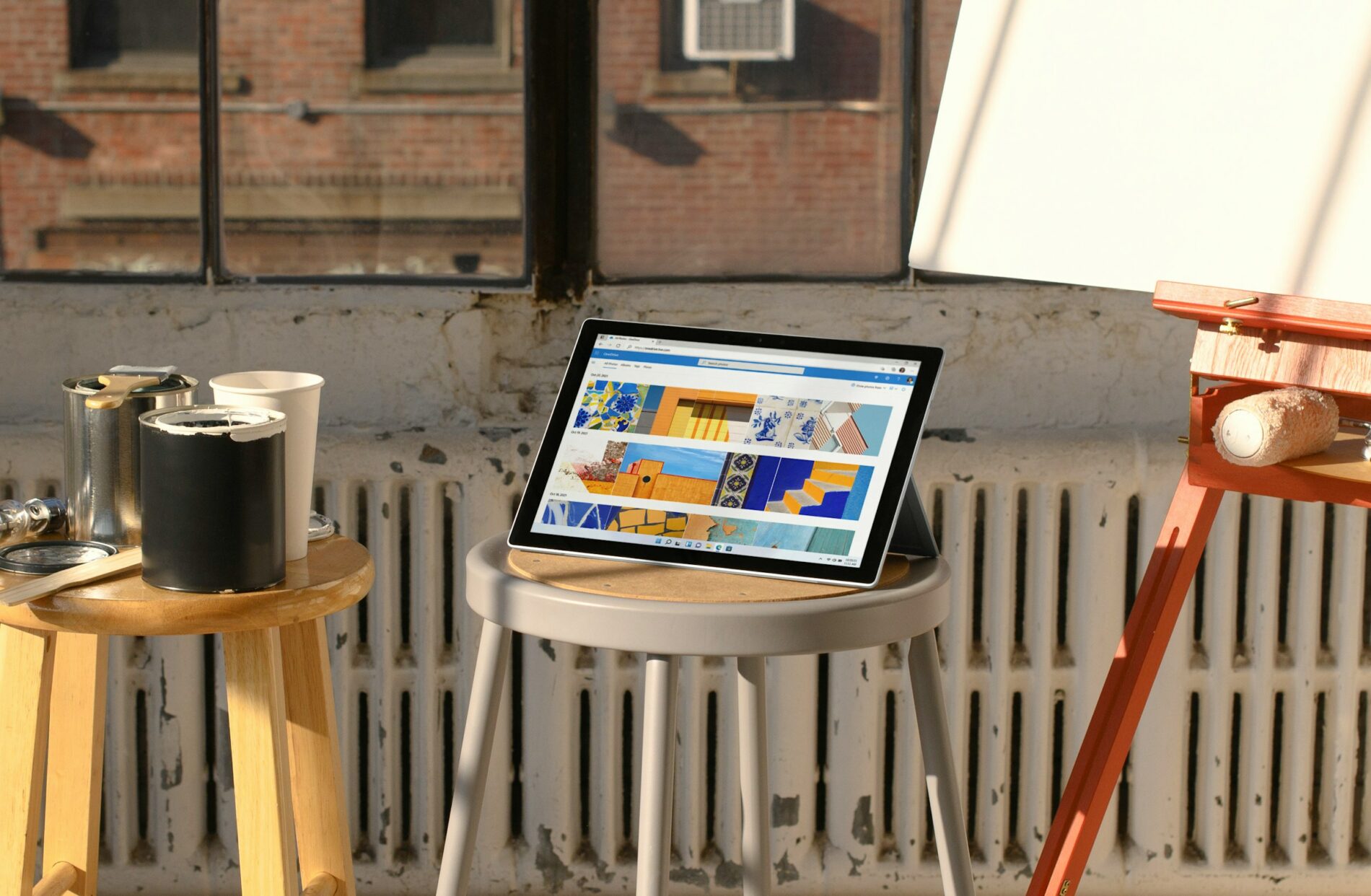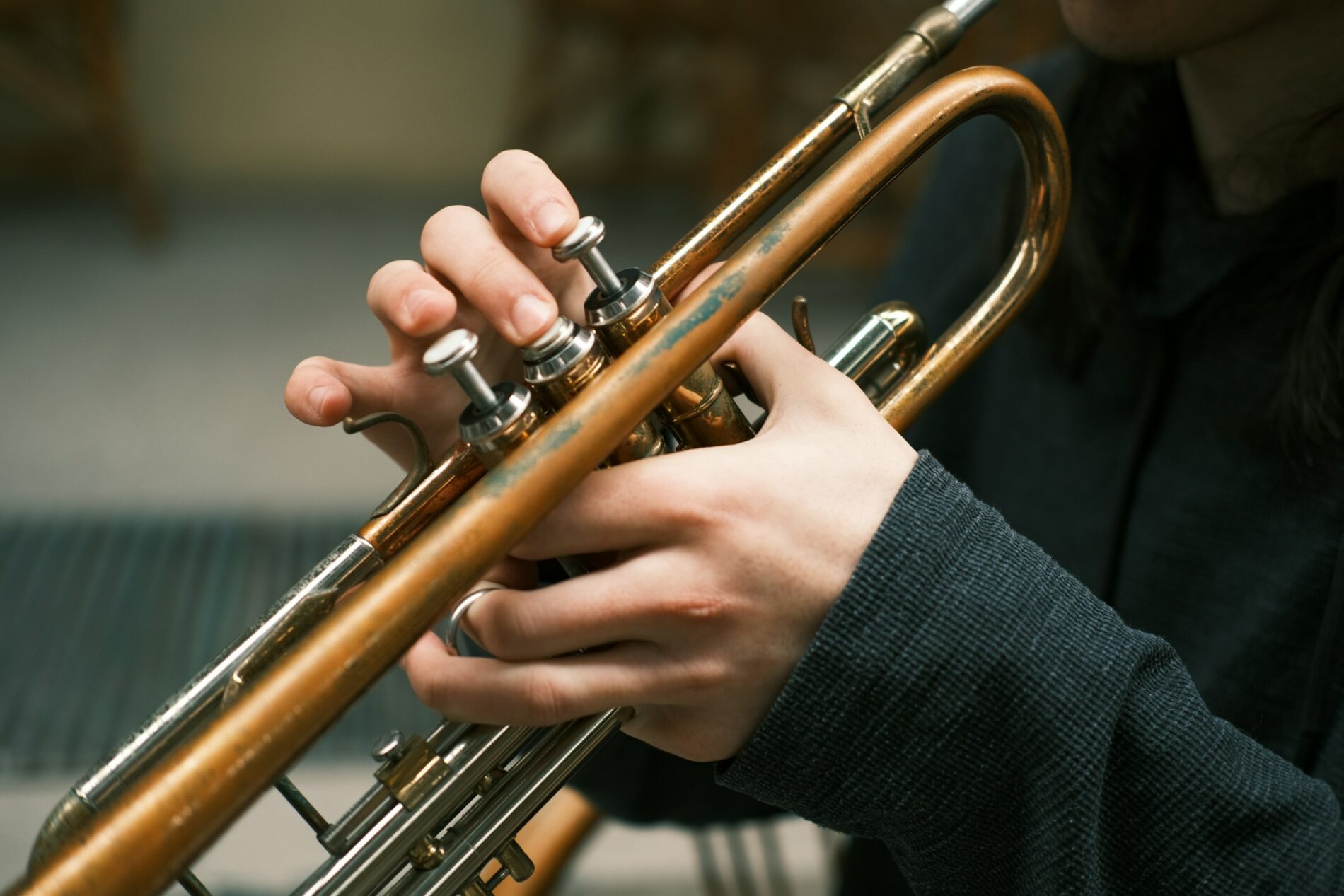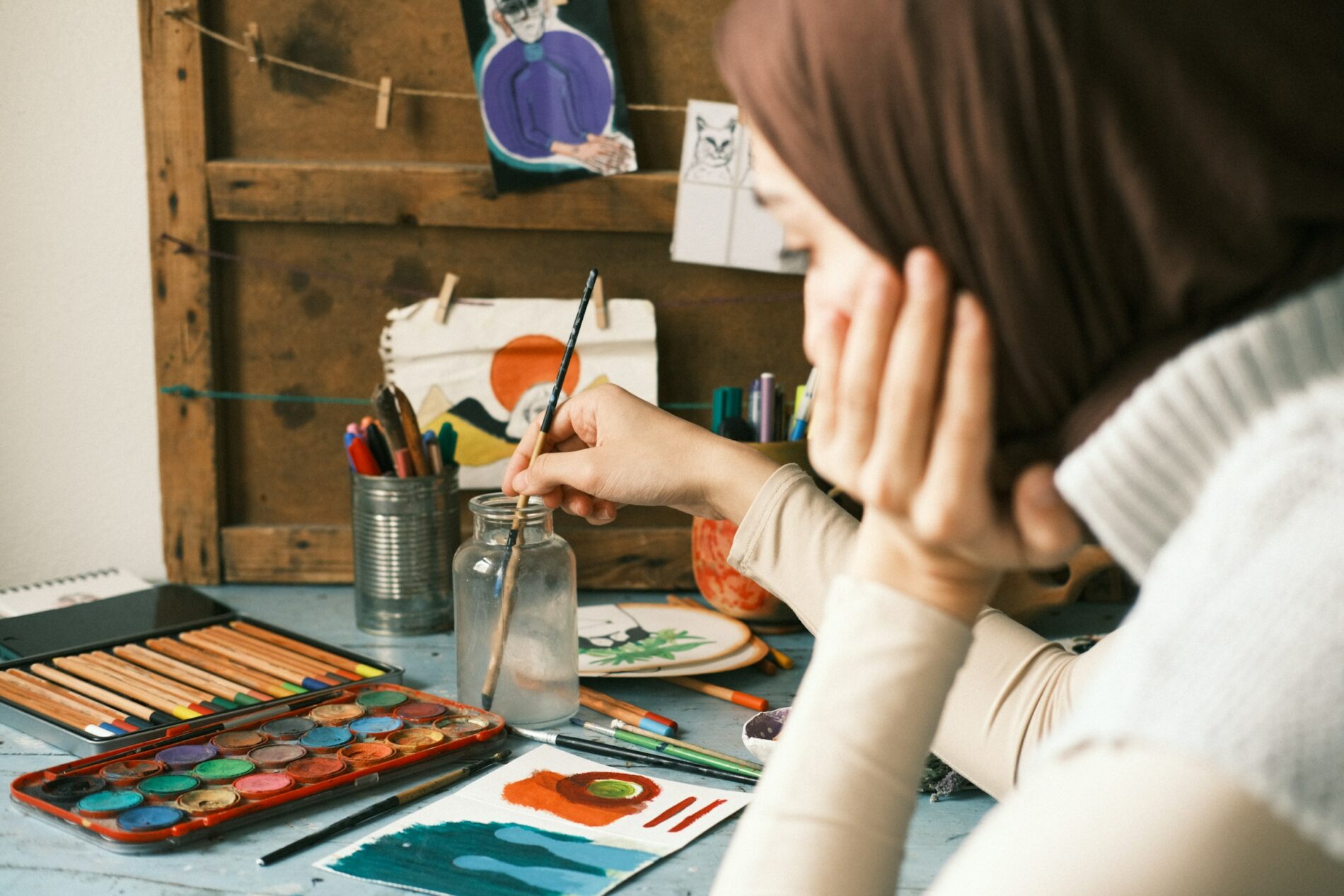Let's face it: as a creative professional, you'd rather be crafting your next masterpiece than poring over tax forms. But here's a sobering thought – you might be leaving thousands of dollars on the table each year simply because you're not claiming the tax deductions you're entitled to.
Surprised? You're not alone.
Creative professionals often feel overwhelmed by their taxes and believe they need to take advantage of potential deductions. But here's where it gets interesting: understanding and claiming these deductions could be the difference between scraping by and thriving in your creative career.
So, buckle up. We're about to dive into the world of tax deductions for creative professionals. And trust me, it's far more exciting (and lucrative) than you might think.

Being a creative professional is a bit like being a tightrope walker. On one side, you've got your passion – your art, music, and designs. Conversely, you have the hard reality of running a business. And in the middle? That's where you're balancing, trying not to fall off while juggling your creative pursuits and financial responsibilities.
Here's the kicker: many creative professionals view their work as a calling rather than a business. While that passion is admirable, it can lead to some pretty costly misconceptions about taxes.
For instance, many freelance creatives don't even know they can claim a home office deduction. Or aren't you aware they can deduct professional development expenses?
These misconceptions aren't just robbing you of potential savings – they're holding you back from fully embracing the business side of your creative endeavours. And let's be honest, wouldn't you rather have more money to invest in your craft?
But here's where it gets really interesting. The Australian Taxation Office (ATO) actually wants you to claim these deductions. They're not trying to catch you out – they're providing opportunities for you to reduce your taxable income legally and ethically.
So, without further ado, let's explore the ten tax deductions that creative professionals often overlook. Prepare to have your mind blown (and your wallet thanking you).
You know that spare room you've converted into a studio? Or that corner of your living room where you do your best work? Well, congratulations – you're sitting on a potential tax goldmine.
Home studio expenses are one of the most overlooked deductions for creative professionals. You can claim a portion of your rent or mortgage interest, utilities, insurance, and even depreciation based on the area of your home used exclusively for work.
Here's a mind-bending fact: if your home studio takes up 20% of your living space, you could potentially deduct 20% of your eligible household expenses. That's not pocket change, folks.
But here's the catch – you need to be meticulous about tracking these expenses and ensuring the space is used exclusively for work. No claiming deductions for your Netflix binge corner!
Remember that online course you took to improve your skills? Or that industry conference you attended? Guess what – they're tax-deductible.
Professional development expenses are often overlooked because many creatives see them as personal investments rather than business expenses.
But here's the truth: anything that helps you improve your craft and grow your business is potentially deductible.
This includes:
The best part? There's no cap on how much you can claim. So go ahead, invest in yourself. Your future self (and your tax return) will thank you.
In the creative world, your network is your net worth. But did you know that building that network can also reduce your tax bill?
Networking and marketing expenses are often overlooked because they can seem personal or trivial. But trust me, they add up. Here are some deductions you might be missing:
Even that coffee you bought while meeting a potential client? Yep, that's deductible, too (within reason, of course – the ATO isn't funding your caffeine addiction).
In today's digital age, your most valuable tools might be virtual. And guess what? They're all potentially tax-deductible.
It includes:
Even your Spotify subscription could be deductible if you use it for work (hello, music producers and DJs).
The key here is to keep meticulous records. The ATO loves documentation, so make sure you can prove these subscriptions are primarily for business use.
That shiny new camera or that high-end computer you use for work? They're not just tools of your trade – they're tax deductions waiting to happen.
Equipment depreciation is often overlooked because it seems complicated. But here's the simple version: you can deduct a portion of the cost of your equipment each year as it loses value.
It applies to:
Here's a fun fact: that trip you took for "inspiration" might actually be tax-deductible. Mind-blowing, right?
Travel expenses related to your work are often overlooked because creatives assume they need to be on a specific "work trip" to claim them. But that's not always the case.
You can potentially claim:
The key is to keep detailed records and demonstrate how the travel relates to your work. So next time you feel inspired to take a trip, remember – it might help reduce your tax bill, too.

Being part of a union or professional association is good for your career and your tax return.
Many creatives overlook these fees as potential deductions, but they absolutely count. It includes:
So go ahead and join that writers' guild or designers' association. Your career (and your tax return) will thank you.
As a creative professional, your ideas are your most valuable asset. And protecting those ideas? That's tax-deductible.
Copyright and trademark fees are often overlooked because they seem like one-off expenses. But they're 100% deductible. This includes:
Remember, protecting your work isn't just good business practice – it's a smart tax move, too.
Something that might surprise you is those pesky bank fees and loan interest payments. They're potential tax deductions.
Many creatives overlook these because they seem like unavoidable costs of doing business. However, the ATO recognises them as legitimate expenses. This includes:
Just remember, this only applies to business-related accounts and loans. Your personal credit card interest isn't deductible (sorry about that).
If you're self-employed, your health insurance premiums might be tax-deductible. Many creatives miss this big one.
As a self-employed individual, you may be able to claim your health insurance premiums as a tax deduction. It can result in significant savings, especially given the rising cost of healthcare.
But here's the catch – this only applies if you're self-employed and meet certain criteria. It's worth checking with a tax professional to see if you qualify.

The Australian Taxation Office (ATO) requires taxpayers to keep records for five years from lodging their tax return. For creative professionals, this means:
While specific deductions vary depending on the nature of your creative work, some common deductions include:
The instant asset write-off scheme has changed significantly since the $30,000 threshold mentioned. As of the 2022-23 financial year:
While it's an additional expense, consulting with a tax professional who understands the creative industries can be beneficial. They can:
The exact impact will vary depending on individual circumstances, income level, and eligible deductions. Without specific data, it's inaccurate to state that a freelance graphic designer earning $70,000 could save $5,000 in taxes. The actual savings would depend on their specific deductions and tax brackets.
For the 2022-23 financial year, the tax brackets for Australian residents are:
Correctly managing taxes can indeed lead to:
Proper tax management is an important aspect of creating a sustainable creative career. It allows for better financial planning, potentially higher net income, and a clearer understanding of your business's financial health.
So there you have it – 10 tax deductions that creative professionals often overlook. From your home studio to your health insurance, there are potential savings lurking in almost every aspect of your creative business.
But here's the thing: knowing about these deductions is only half the battle.
The real challenge is properly tracking, documenting, and claiming them. And that's where professional help can make all the difference.
At Amplify 11, we specialise in helping creative professionals like you navigate the complex world of taxes and finances. We understand the unique challenges and opportunities in the creative industries, and we're here to help you make the most of your hard-earned money.
So, are you ready to stop leaving money on the table? Are you ready to turn your tax return into a powerful tool for growing your creative career? If so, we're here to help. Let's work together to amplify your success – all 11 on the dial.
Remember, in the world of creative professionals, every dollar saved is a dollar you can invest in your passion. So why not start saving today?
Generally, yes. Art supplies used in creating your work are typically considered consumables and can be claimed as an immediate deduction in the year they're purchased.
Calculate the percentage of your home used exclusively for work (e.g., if your home office is 10% of your total home area), then apply this percentage to your home expenses like rent, utilities, and insurance.
It can be, but you need to be careful. If the primary purpose of the trip was for work (gathering specific inspiration, attending events, etc.), you may be able to claim it. Keep detailed records of how the trip relates to your work.
Sign up to receive relevant advice for your business.